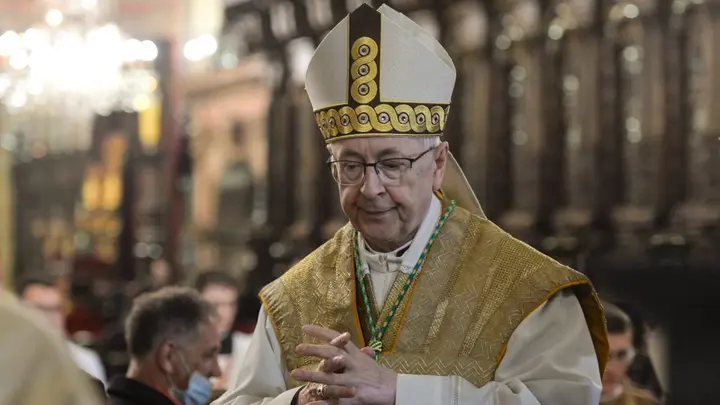Battle lines have formed around the application of Fiducia Supplicans, a document published by the Vatican that specifies when people of same-sex or other “irregular” couples can be blessed. This has affected Catholics all over the world. While African prelates in nations like Nigeria, Zambia, Cameroon, and Malawi were the original sources of disagreement, Eastern European leaders have since joined the dissent. “Since practicing sexual acts outside marriage, that is, outside the indissoluble union of a man and a woman open to the transmission of life, is always an offense against the will and wisdom of God expressed in the sixth commandment of the Decalogue, people who are in such a relationship cannot receive a blessing,” the Polish Episcopal Conference said in response to the statement.
Major Archbishop Sviatoslav Shevchuk, head of the Ukrainian Greek Catholic Church, declared Friday that Catholics in the Eastern Rite of the church are not to follow the document’s guidance, according to translations from the Catholic blog Rorate Caeli.
Shevchuk said that the Vatican’s document “interprets the pastoral meaning of blessings in the Latin Church, not in the Eastern Catholic Churches. It does not address questions of Catholic faith or morality, does not refer to any prescriptions of the Code of Canons for the Eastern Churches, and does not mention Eastern Christians.”
He continued, saying that because it is not a universal teaching on faith and morals, it “applies exclusively to the Latin Church and has no legal force for the faithful of the Ukrainian Greek Catholic Church.”







